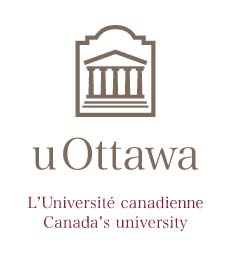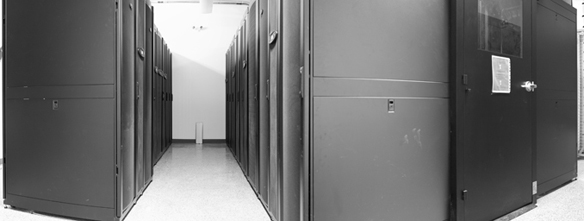 The Aris-Brosou lab
The Aris-Brosou lab
Our research group works in Computational Molecular Evolution. The themes we address range from very specific theoretical aspects to applications based on real data sets (hypothesis-driven) or complete databases (both data and hypothesis-driven). Recent and current research topics include (click links below for details):
Because rates of evolution and species divergence times cannot be estimated directly from molecular data, all current dating methods require that specific assumptions be made before inferring any divergence time. These assumptions typically bear either on rates of molecular evolution (molecular clock hypothesis, local clocks models) or on both rates and times (penalized likelihood, Bayesian methods). However, most of these assumptions affect estimated dates, oftentimes because they underestimate large amounts of rate change. Following up on earlier work, I developed a significant modification to a previously proposed ad hoc rate-smoothing algorithm, in which local molecular clocks are automatically placed on a phylogeny. This modification makes use of hybrid approaches that borrow from recent theoretical developments in microarray data analysis. I also described an ad hoc integration of phylogenetic uncertainty under these local clock models. The performance and accuracy of the new methods were

Research facilities
A small computer cluster was purchased from Sun Microsystems in 2007 thanks to a CFI grant with one X2200, three X4100 and two X4600 servers clocked at 2.6 GHz with 96 GB of distributed memory (up to 32 GB on the X4600s); iMacs, PC xeon boxes and (for legacy) ultra sparc 80s are available as workstations.

